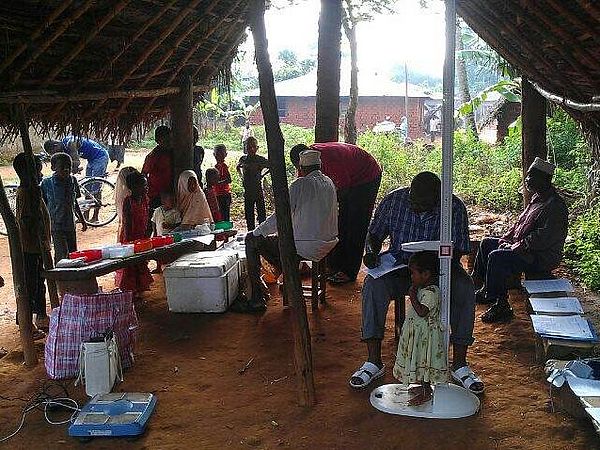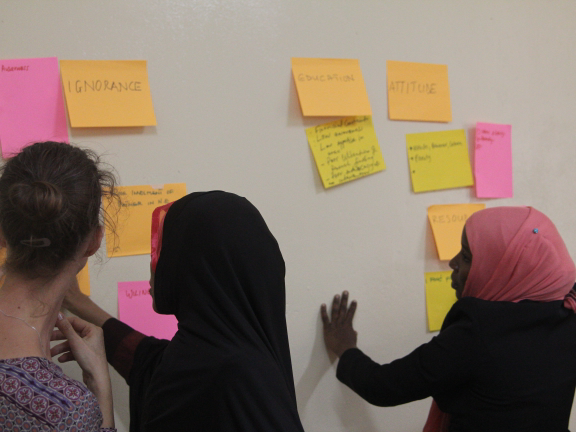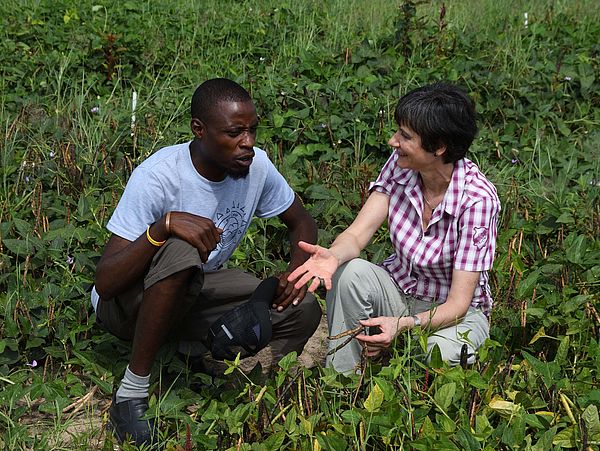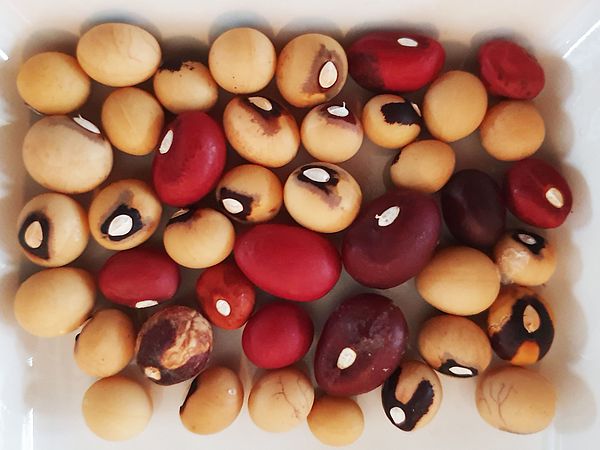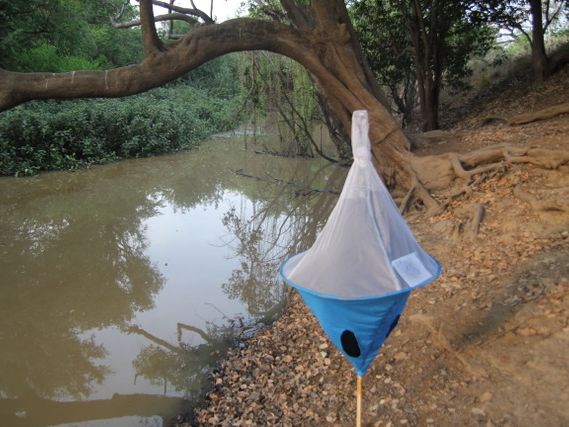4onehealth
The Sub-Saharan Africa Region as a Regional Cooperation Focus of the University of Bremen
"Partnerships for the goals" is the 17th goal of the United Nations Sustainable Development Goals. In order to achieve goals such as "No Hunger", "Health and Well-Being" and "Quality Education" worldwide, partners in other countries and institutions are needed, who enrich joint projects by providing new perspectives and different experiences.
One focus of cooperation of the University of Bremen is in Sub-Saharan Africa with countries such as South Africa, Nigeria, Cameroon, Ghana, Chad or Zanzibar (Tanzania). These partnerships not only enable us to look beyond our own horizons, but also pave the way for truly sustainable approaches to solutions in practice and science.

Capacity Building
Research for better nutrition, sustainable health education and sustainable land use
"One Health" in Zanzibar
Since 2013, there has been a close collaboration between the University of Bremen, the Leibniz Institute for Prevention Research and Epidemiology.BIPS and the State University of Zanzibar (SUZA).
The common goal is to reduce diet-related diseases and improve the health of the people in Zanzibar. This will be achieved through close collaboration and the inclusion of diverse perspectives.


